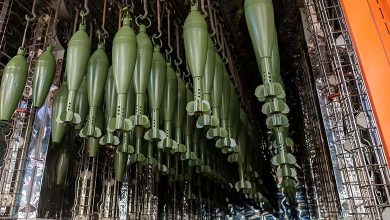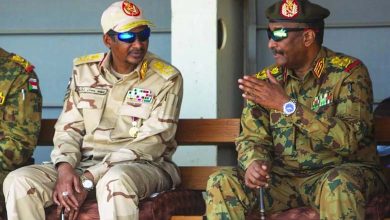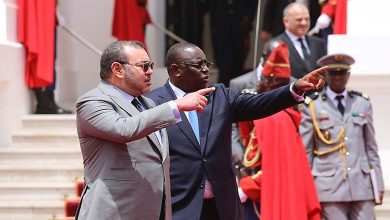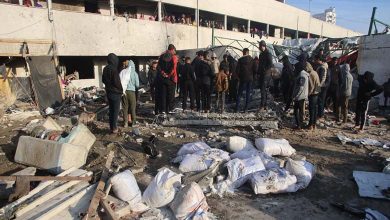Arrest of Al-Baghdadi’s Right-Hand Man in Kurdistan, Arriving from Turkey
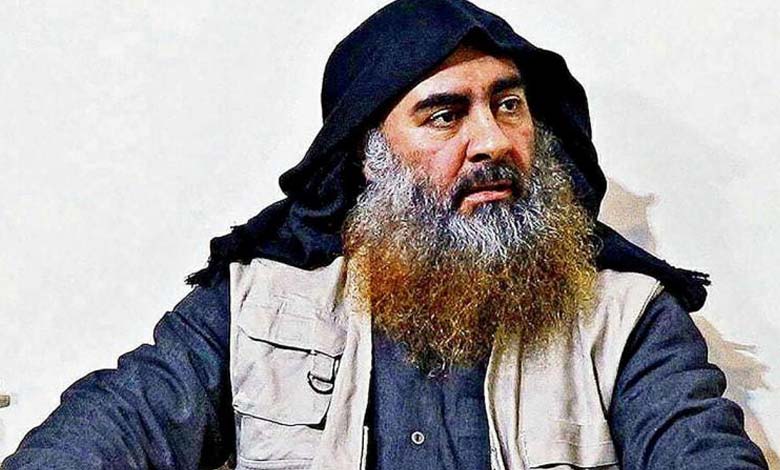
The ISIS leader admitted to spending five years in Turkey, revealing Turkey’s role in providing a safe haven for the extremist group’s leaders
The Kurdistan Regional Security Council announced on Friday the arrest of Socrate Khalil, the right-hand man of former ISIS leader Abu Bakr al-Baghdadi, who was killed in a U.S. operation at the end of October 2019, after he entered the region from Turkish territory.
In a statement, the Council said: “The major terrorist named Socrate Khalil, also known as Abdullah Tefkikh, was a very close and trusted person by the ISIS leader.”
The statement added: “The terrorist’s confessions revealed that after spending five years in Turkey, he returned to the Kurdistan region with a forged passport and was immediately arrested in one of the region’s areas,” revealing Turkey’s role in providing a safe haven for the extremist group’s leaders.
The statement continued: “Socrate Khalil… worked in the field of explosives after joining ISIS. Al-Baghdadi entrusted him with numerous terrorist missions and a significant role in the mission to take control of the city of Mosul. He participated in most of the group’s battles against Iraqi forces and the Peshmerga.”
Many reports indicate that several ISIS leaders have been killed, arrested, or fled to Turkey after their defeat in 2017 in Iraq and Syria by local forces backed by the international coalition forces.
Facing increasing pressure and accusations of providing shelters for ISIS leaders, Turkish security forces have conducted a wide campaign in recent years to arrest members of the organization and appear as fighters against armed groups, despite the Turkish army supporting jihadist forces loyal to it in northern Syria, some of which were loyal to ISIS.
In 2019, Turkey announced the arrest of the alleged sister of Abu Bakr al-Baghdadi and her husband in the city of Azaz in northern Syria, controlled by allied forces.
Reports had mentioned Ankara’s reluctance to arrest ISIS members, many of whom received treatment in Turkish hospitals and were seen shopping in its markets.
Turkey has long been accused of overlooking jihadists crossing its borders to join the fighting in Syria after the conflict began in 2011. However, after being targeted by several ISIS attacks, Turkey joined the coalition against jihadists in 2015.
Turkey was also accused of undermining the fight against dispersed ISIS elements by attacking Kurdish fighters within the Syrian Democratic Forces, whose backbone is the Kurdish People’s Protection Units, at the forefront of the fight against ISIS.
Despite its defeat in Iraq and Syria, ISIS retains a number of fighters who occasionally carry out surprise attacks against Syrian and Iraqi forces in what is known as guerrilla warfare.
Iraqi military commanders have warned of the group’s return to carry out bloody attacks, especially in border areas, a warning also issued by Syrian forces.




